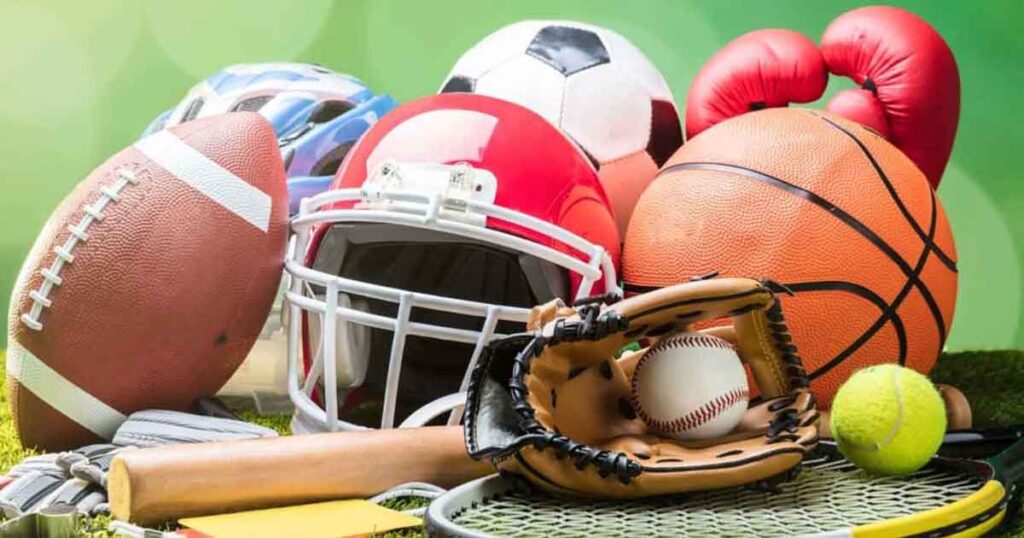Sports are a powerful tool that can bring people together and promote peace, tolerance, and understanding across boundaries, cultures, and religions. The values of teamwork, fairness, discipline, and respect that are inherent in sports are universally understood and can be utilized to advance solidarity and social cohesion. The benefits of sports go beyond just physical activity and recreational space. It is a place where individuals converge to improve their social skills, strengthen cultural values and adapt to rules, promoting a healthy lifestyle through physical and mental development.
Sports promote individual health and wellbeing, both physically and mentally, and teach important values and social skills. However, the power of sports goes beyond the individual level, as it unites and inspires people collectively, building communities. Sustainable development requires finding spaces and platforms that bring people together under a common goal. The massive appeal of sports makes it a social phenomenon, where the context in which it’s developed determines the behaviors and actions of its followers, especially when it involves youth. The values of fairness and respect can serve as examples for an economic system that builds on fair competition and supports an equal sharing of resources.
Sports have been idealized to heal wounds, mend fences, and rise above differences among cultures and nations. Nelson Mandela, after being elected South Africa’s first post-Apartheid president, shrewdly turned to the Rugby World Cup to help foster the country’s healing process and prevent a civil war that many feared was inevitable. World leaders have used sports as a means to promote peace and unity, such as the Chinese-American reconciliation through ping-pong in 1971 that ended two decades of unfriendly relations between the two superpowers. In 2008, the presidents of Armenia and Turkey used a World Cup qualifying match between their national teams to reopen diplomatic dialogue.
Sports also promote equality and serve as a platform to promote the value of diversity. Sport-based public awareness campaigns can promote awareness towards climate protection and can stimulate enhanced community response for local environment preservation. The role of sports in promoting gender equality is also critical, helping girls and women build self-esteem and develop skills needed to become equal participants and leaders in their various communities. Gender equality and women’s empowerment are essential to the achievement of the SDGs. Sport-based initiatives also have the potential to equip girls and women with knowledge and skills that allow them to progress in society.
At the grassroots or community level, sports can be seen to provide a useful way of creating an environment in which people can come together to work towards the same goal, show respect for others, and share space and equipment. Sports can play a very important role in helping achieve SDG goals of No poverty, Zero Hunger, good health, and gender equality. When paired with lessons on nutrition and agriculture, sport for development programs can be a suitable complement for food programs tackling hunger and education.
However, sporting initiatives alone cannot stop or resolve conflict, but sport gives us an engaging and cost-effective medium for post-conflict relief work, peacebuilding, and future conflict prevention. No other social activity brings people together in such great numbers, and with so much passion and enjoyment. Regardless of age, gender, or ethnicity, sport is enjoyed by all, and its reach is unrivaled. More importantly, though, sport promotes universal values that transcend language and culture.
In conclusion, sports are a compelling tool that can promote peace, tolerance, and understanding while bringing people together across boundaries, cultures, and religions. The values of teamwork, fairness, discipline, and respect are understood all over the world and can be utilized in the advancement of solidarity and social cohesion. The universal appeal of sports makes it a valuable social phenomenon that has the potential to bridge the gaps that exist between different communities,











